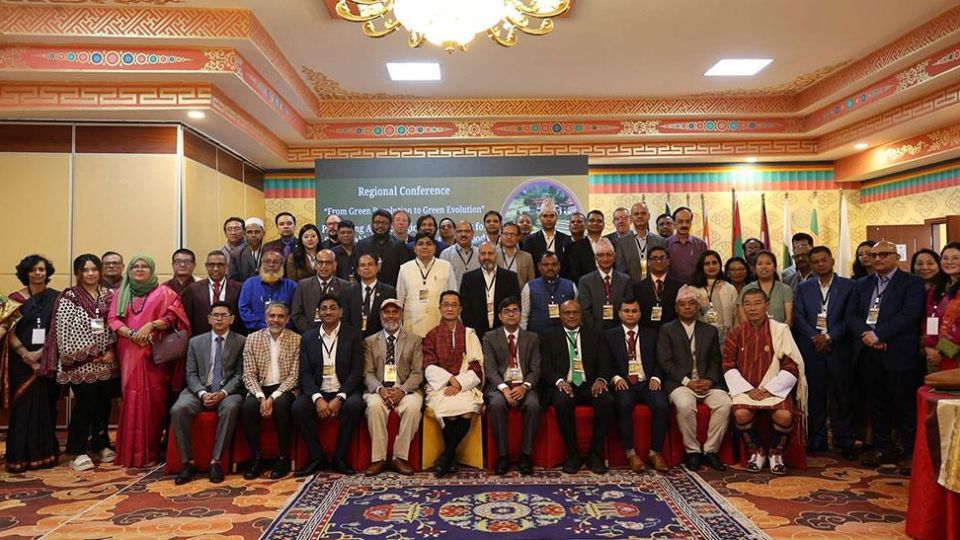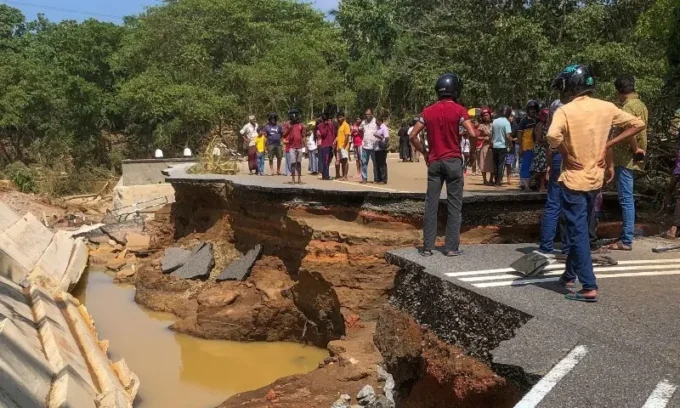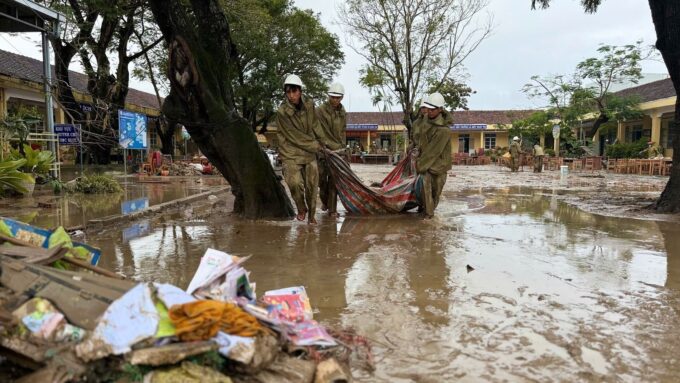“It aims to transform agrifood systems by boosting biodiversity, embedding sustainable farming practices into community development, and strengthening resilient value chains.”
THIMPHU – South Asian nations are stepping up regional cooperation to promote agroecology, a critical agenda item discussed at a recent three-day regional conference held in Thimphu, Bhutan.
The initiative seeks to transform agrifood systems by fostering biodiversity, embedding sustainable agricultural practices into local development, and building resilient value chains.
Bhutan’s engagement is led by the Tarayana Foundation through the Himalayan Agroecology Initiative (HAI), which aligns with the Ministry of Agriculture and Livestock’s broader efforts to enhance the country’s agrifood systems.
Since HAI’s launch in May 2024, the Tarayana Foundation has crafted a roadmap targeting the specific challenges faced by remote communities. The roadmap is designed to advance climate resilience and sustainable agricultural practices. The initiative is financially supported with a grant of EUR 50,000, facilitated by the World Future Council and IFOAM – Organics International. HAI is currently being implemented in Bhutan, India, and Nepal, with Tarayana taking the lead in Bhutan.
At the regional conference titled “Promoting Agroecological Approaches for Sustainable Transformation of Agri-food Systems in South Asia,” held from July 29–31, 2025, Dr. Sangay Dorji, Technical Director at the Tarayana Foundation, emphasized the importance of regional collaboration. He highlighted efforts to mobilize markets, financing, and policy incentives aimed at scaling up agroecology, especially in relation to soil health and land management.
In his presentation, “Agroecology from the Ground Up: Field Evidence and Lessons for Transforming South Asia’s Food Systems,” Dr. Dorji underscored the active partnership between the Foundation and the Ministry of Agriculture and Livestock. He stressed that cross-border cooperation has been crucial to driving agroecological innovation.
The initiative’s strategic goals include:
- Strengthening governance in food systems
- Improving access to land, water, and healthy soils
- Encouraging sustainable diets
- Building climate-resilient agro-ecosystems
- Boosting the agri-food sector’s GDP contribution from USD 31 billion to USD 50 billion by 2029
- Reducing food loss and waste
- Leveraging digital technologies in agriculture
In Bhutan, current actions focus on sustainable land management, including strategic crop selection, revitalization of fallow land, and improved irrigation techniques. These methods are helping address Bhutan’s limited arable land—just 1.8% of the country’s area.
Soil Health: A National Concern
Bhutan’s approach to soil fertility relies on an integrated system combining both organic and inorganic nutrients, with synthetic fertilizer usage remaining low at 2,000–3,000 metric tonnes per year. Nonetheless, soil health faces threats from climate change, steep terrain, shifting land-use patterns, labor shortages, and declining livestock populations.
To tackle these issues, initiatives such as vermicomposting training and the Agriculture Land Development (ALD) program have been introduced. The ALD has already transformed 21 acres of land, benefiting 24 households.
Nationwide, the Tarayana Foundation’s agroecological interventions have reached over 995 villages, impacting more than 300,000 individuals. This includes the construction of improved housing for 2,652 people, safe water and sanitation for 1,171 individuals, 54 spring-shed management projects, and sustainable land management across 145 acres.
Efforts to prevent land degradation have been particularly impactful in Toisang Village, Barshong Gewog, Tsirang.
Looking Ahead: Regional Synergy
The HAI project uses a grassroots, participatory model that incorporates agroecological value chains and emphasizes gender equity and social inclusion. The Tarayana Foundation has also conducted a policy review of 34 national policies and held consultations with district and village-level officials to align Bhutan’s HAI roadmap with the Agrifood Sector Strategy 2034 and the 13th Five-Year Plan.
Madhur Gandhi, a representative from IFOAM – Organics International, stressed the need for stronger government support and better alignment of agroecology with national strategies. He cited shared challenges among Bhutan, India, and Nepal—including limited understanding of agroecology and weak R&D capacities—as key barriers.
He urged SAARC nations to collectively adopt similar initiatives, develop diversified markets, and establish fair pricing mechanisms.
Experts at the conference also highlighted the vital role of civil society in advancing agroecology, calling for increased dialogue, advocacy, and capacity building across the region to realize the full potential of agroecology as a transformative approach to sustainable food systems.















Leave a comment